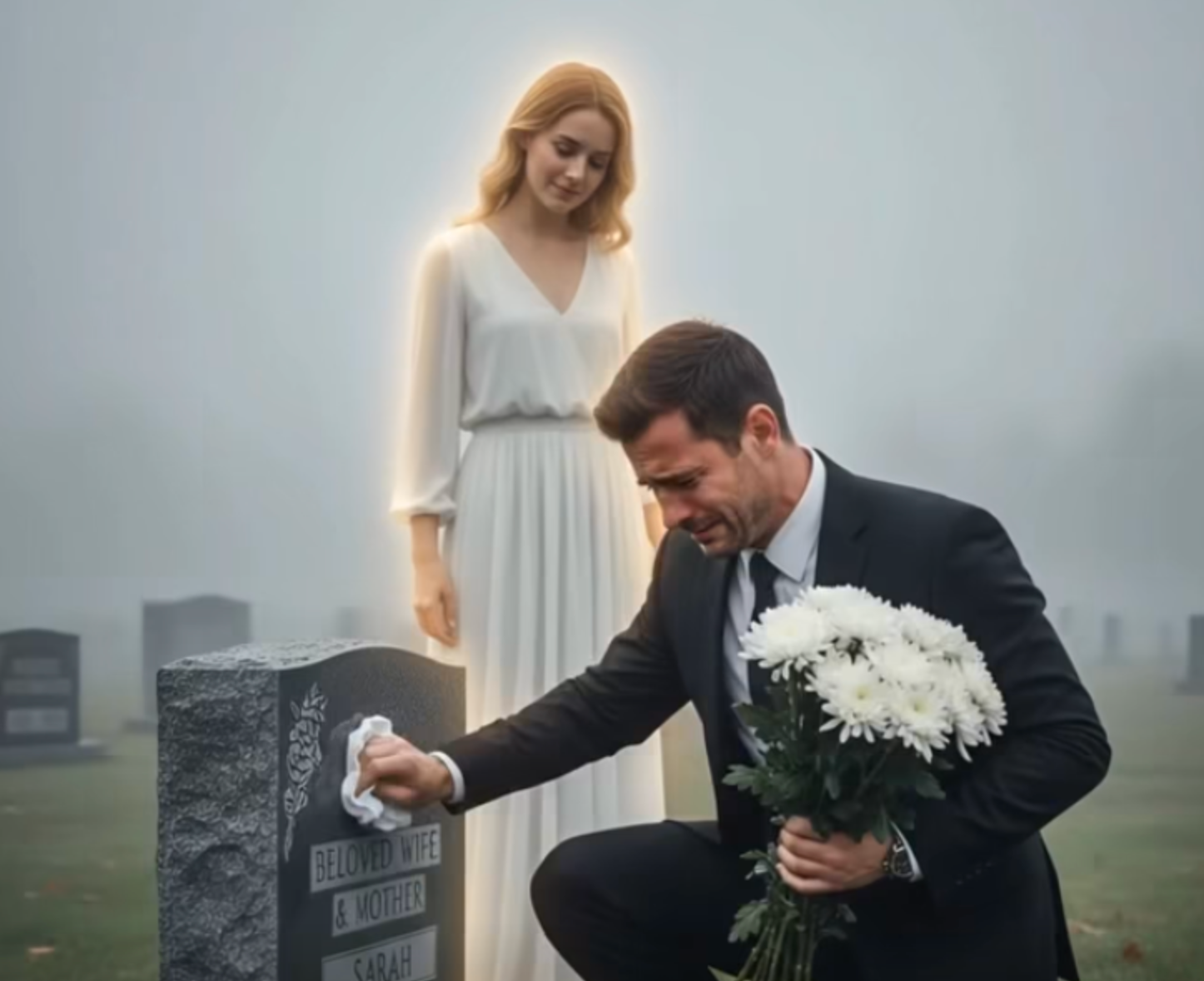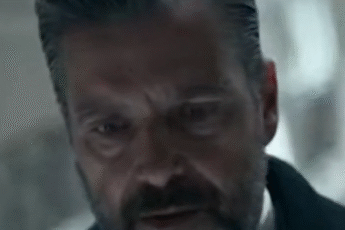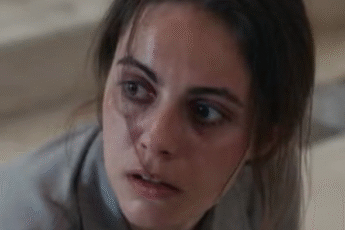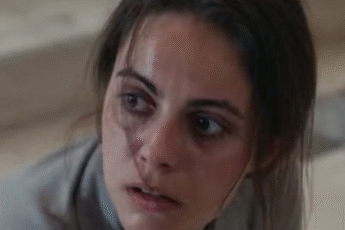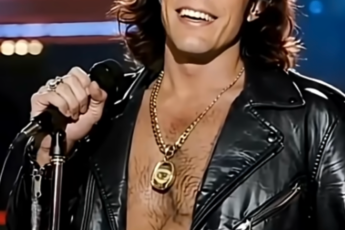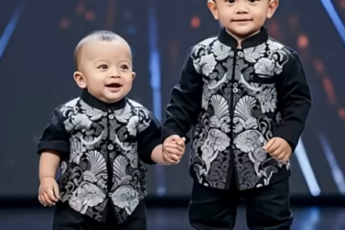They say time heals everything. But four years after my wife Anna’s death, I still slept on her side of the bed.
My name is Daniel Whitmore, and there was a time I believed in forever. Anna and I were married for nine years, until a drunk driver ended it all one rainy November night. Since then, my life became a string of empty days.
I clung to her memory—the way she hummed while stirring pasta sauce, the freckles across her nose that only showed in sunlight, the scent of her perfume on the pillows. Remembering her felt like the only way to keep her alive. Forgetting her felt like betrayal.
For almost three years, I lived like a ghost. Friends invited me out, my sister begged me to see a therapist, and my boss worried about my fading focus. But none of it mattered. I didn’t want to be “healed.” I thought healing meant letting her go.
And then I met Claire Donovan.
We met at a charity dinner organized by my company. She was covering the event as a freelance journalist. What caught my attention was that she didn’t ask shallow questions. Instead of “What do you do?”, she asked, “Why do you care about this cause?” Her voice was calm, her presence steady. Around her, silence didn’t feel awkward—it felt safe.
Coffee meetings turned into dinners, and dinners into long walks by the river. She never pressured me to talk about Anna. But one evening, she caught me off guard.
“You talk about her in the present tense,” she said gently.
I froze. No one had ever noticed that before.
“It’s okay,” she continued. “It just means she’s still part of you.”
Months passed. Slowly, I began to live again. I started running, cooking, even laughing—without guilt. Claire never tried to replace Anna; she simply stood beside the shadow she’d left.
After a year and a half, I asked Claire to marry me. She said yes, tears in her eyes. For the first time in years, I felt hope.
But as the wedding day approached, the old fear returned. Was I betraying Anna’s memory by remarrying?
The night before the wedding, I drove to Santa Maria Cemetery with a bouquet of lilies—Anna’s favorite flowers. Kneeling by her grave as rain soaked through my suit, I whispered:
“I’m sorry. I don’t know what I’m doing. I love her… but I still love you. How can I stop?”
My voice broke. Thunder rumbled in the distance. Then, behind me, a voice said:
“You don’t stop. You just learn to carry the pain differently.”
I turned around. Behind me stood a stranger, holding flowers. Her name was Elena. She had lost a brother in the war three years earlier. She said her pain had never gone away—it had only changed shape. We talked under the rain, two strangers bound by loss. When I finally returned to the hotel, drenched, my heart felt alive again—for the first time in years.
The next morning, sunlight filled the room as if nothing had happened. My tuxedo was neatly pressed, vows folded in my pocket. Everyone expected me to be strong, to prove I was “whole” again. But I wasn’t sure I was ready.
At the chapel, the guests filled the pews. My sister smiled from the front row, relief shining in her eyes. For her, this wedding was closure. For me, it felt like standing on a bridge between two lives.
Then Claire entered.
She wore a simple white dress that moved like waves. She wasn’t dazzling in the way that stole breaths—but in the way that reached into your soul and stayed there. Our eyes met—warm, steady—and for a moment, I believed I could do this.
The priest began. My palms were sweating. Then came the words I feared most:
“Do you, Daniel Whitmore, take this woman to be your wife, forsaking all others…?”
All others.
Did that include Anna? My chest tightened. My throat closed. Silence stretched. I felt every gaze on me. Claire squeezed my hand—no fear, no anger, only understanding.
“Yes… yes, I do,” I finally whispered.
The guests sighed with relief. We kissed. The room erupted in applause. But inside, there were no cheers—only a storm of guilt and peace colliding.
That evening, at the reception, Claire danced barefoot, laughing, her joy lighting the entire hall. I watched her and wondered—had I made the most honest choice of my life… or the hardest?
Our honeymoon in Vermont was supposed to be a new beginning—a cabin by a quiet lake, autumn trees glowing with color. It should have been perfect. But silence was dangerous for me. Silence brought Anna back.
One morning, as we drank coffee on the porch, Claire set her cup down.
“You’re not really here with me, are you?”
I looked at the lake. “I’m trying.”
“Daniel… did you marry me because you love me, or because you were afraid to be alone?”
Her voice wasn’t angry—just heartbreakingly calm.
I swallowed hard. “I love you. Truly. But sometimes… it feels like part of me still belongs to her. Like I borrowed myself from the past.”
“Then we need help,” she said softly. “Because I can’t be a consolation prize. And you deserve more than a life built on guilt.”
When we got home, she made an appointment with a grief therapist. I didn’t want to go—but I went. For her. For us.
That’s where I finally faced the truth.
Therapy wasn’t what I expected. I thought the psychologist would tell me to move on, to erase Anna from my heart. But instead, Dr. Weiss, in her warm, sunlit office, told me something that changed everything:
“Grief isn’t a problem to solve, Daniel. It’s a change in the way you love. The goal isn’t to leave Anna behind—it’s to make room for Claire.”
Her words shook me. For the first time, I wondered if my heart had to be a battlefield—or if it could be a home with many rooms.
A few weeks later, I sat in my office late at night, surrounded by crumpled papers, trying to untie the knot inside me. The words finally came in the form of a letter.
When Claire found me, I was hunched over the desk, tears smudging the ink.
“For whom?” she asked gently.
“For Anna,” I whispered.
“Do you want me to stay?”
I nodded. Then, trembling, I read aloud:
Dear Anna,
I’ve spent four years trying to live without you—but the truth is, I never really tried. You were my compass, my shelter, my forever. When you died, I thought love died too.
Then I met Claire. She entered my life when I was hollow. She never asked me to stop loving you—and that scared me, because letting her in felt like betraying you.
But now I understand. Love doesn’t compete—it expands. You taught me how to love. Claire is teaching me how to keep loving, even after loss. I think that’s what you would’ve wanted for me.
I’ll carry you with me always. But now, I’m ready to carry her too. Thank you for everything.
With love, always,
Daniel
When I finished reading, Claire’s cheeks were wet, but she was smiling. She took my hand and said:
“I don’t want you to forget her. I just want you to love me too.”
That was the moment I finally broke—in the best possible way. Years of guilt poured out of me as I cried in her arms. For the first time since Anna’s death, I could breathe again.
A year later, Claire and I stood together before Anna’s grave. The sky was a soft, merciful blue. I laid lilies on the stone and stepped aside as Claire knelt.
“Thank you,” she whispered. “For teaching him how to love. I promise I’ll take care of him.”
Tears filled my eyes—but for the first time, they weren’t just from pain. They were from gratitude. Anna was no longer my ghost. She was part of my story—the reason I could finally live in peace.
Months later, Claire and I welcomed our daughter, Grace. When she was old enough to ask, I told her the truth:
“Your dad once loved a wonderful woman named Anna. She’s in heaven now. And because I loved her, I learned how to love you both.”
Sometimes, late at night, I still dream of Anna. She’s always smiling, never sad—as if to say everything’s all right. I wake up, turn to Claire sleeping beside me, and realize I never had to choose between them.
Because love isn’t something you leave behind.
It’s something that surrounds you—until it becomes the reason you can love again.
